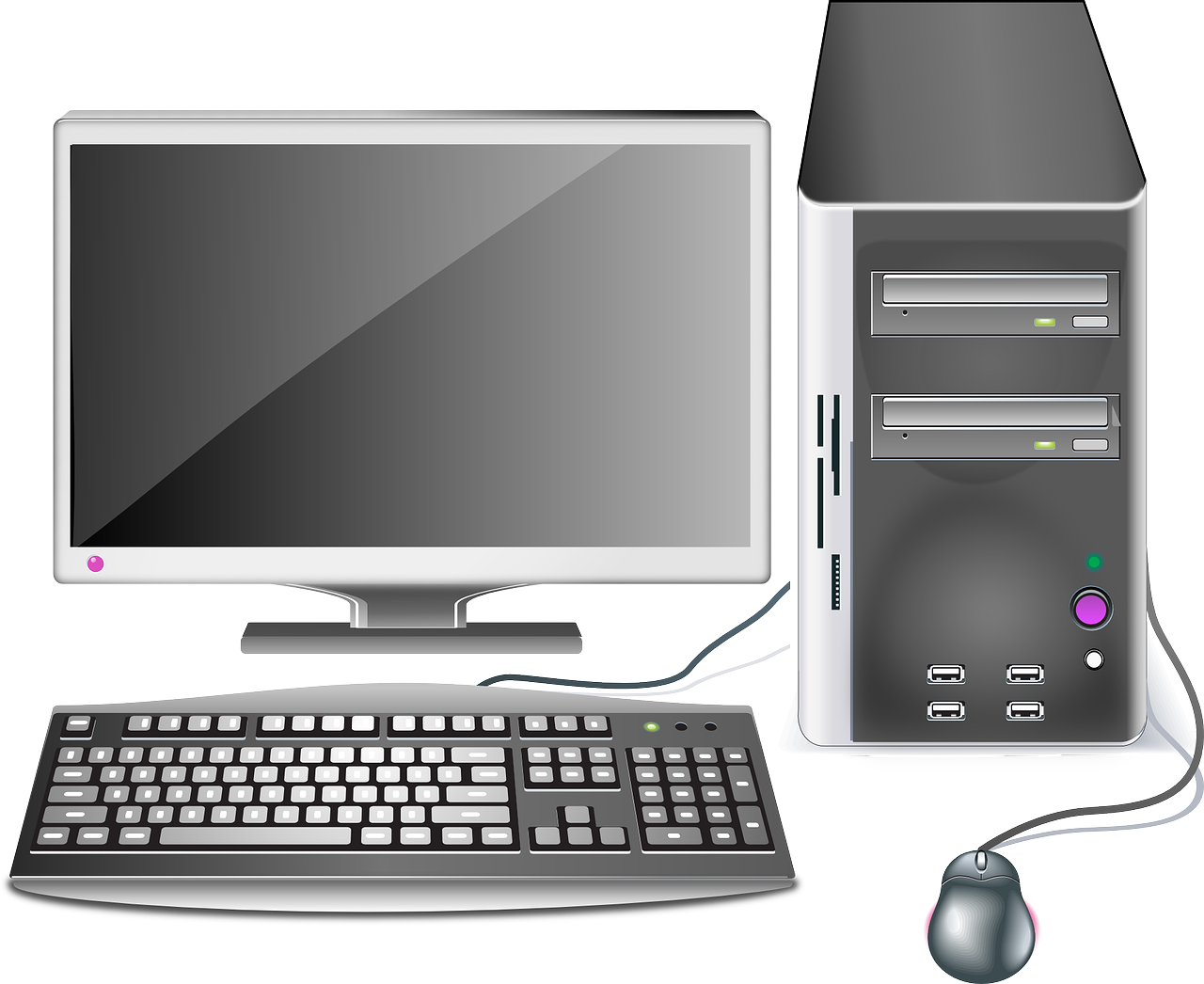OTAN News
Teaching Basic Digital Literacy Skills

Image by OpenClipart-Vectors from Pixabay
As the new school year gets started, we find that there are students in our adult education classrooms who lack basic computer skills. Perhaps they don’t have access to computers, or don’t have any experience using computers, or computers and technology have not been a part of their lives for whatever reasons. So, in addition to the subject that we are teaching, we find that we need to help these students also develop digital literacy skills.
Fortunately, there are many free resources available to help you introduce beginning computer skills to your students, including using a mouse, using a keyboard, knowing the parts of the computer, and basic functions.
-
Using a Mouse – In her blog post 21 Websites and 5 Posters to Teach Mouse Skills, Jacqui Murray from Ask a Tech Teacher suggests a number of resources organized by age to introduce and practice mouse skills. Even though the majority are recommended for children, take some time to review the sites to see which ones might work for your adult students. Jacqui also has information on developing touchpad or trackpad skills and some posters that you can display in your classroom or computer lab.
-
Typing and Keyboarding – If we want our students to use digital tools for their work, they may need to develop their typing and keyboarding skills. Typing.com and Typing Club are two of a number of free programs that you might suggest for students.
-
Comprehensive Websites That Cover the Basics – GCFLearnFree has a number of free modules that cover multiple computer topics in its Technology section, including computer basics, email, the Internet, Microsoft Office products, and different operating systems. We also recommend taking a look at the Northstar Digital Literacy Assessment, which has a number of free lessons and assessments on its site to help students learn and then determine how well they know different computer skills and topics.
Take advantage of free resources that are available to help your students acquire digital literacy skills. If you need help or more ideas, please contact us at support@otan.us or call us at 916-228-2580.

